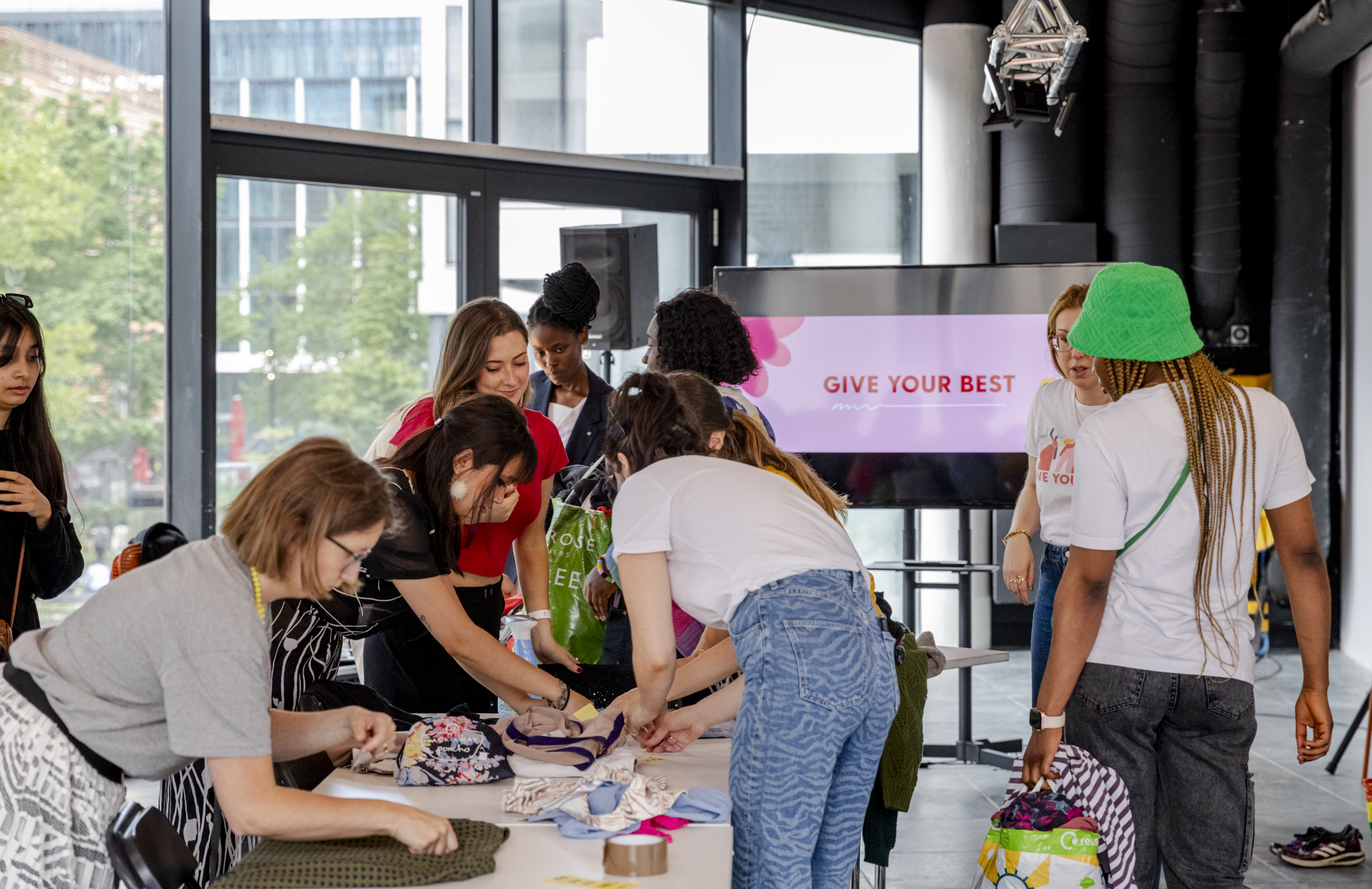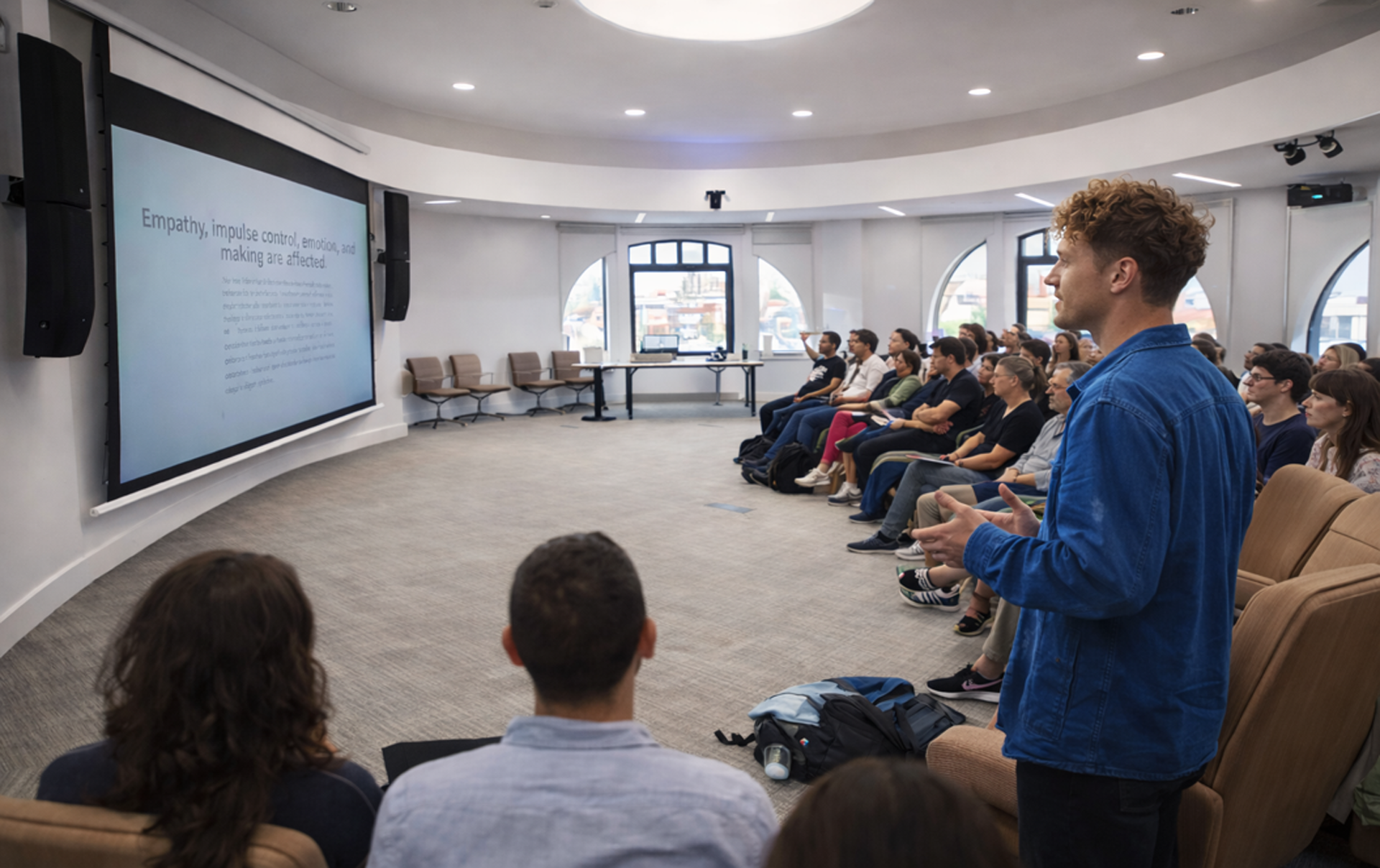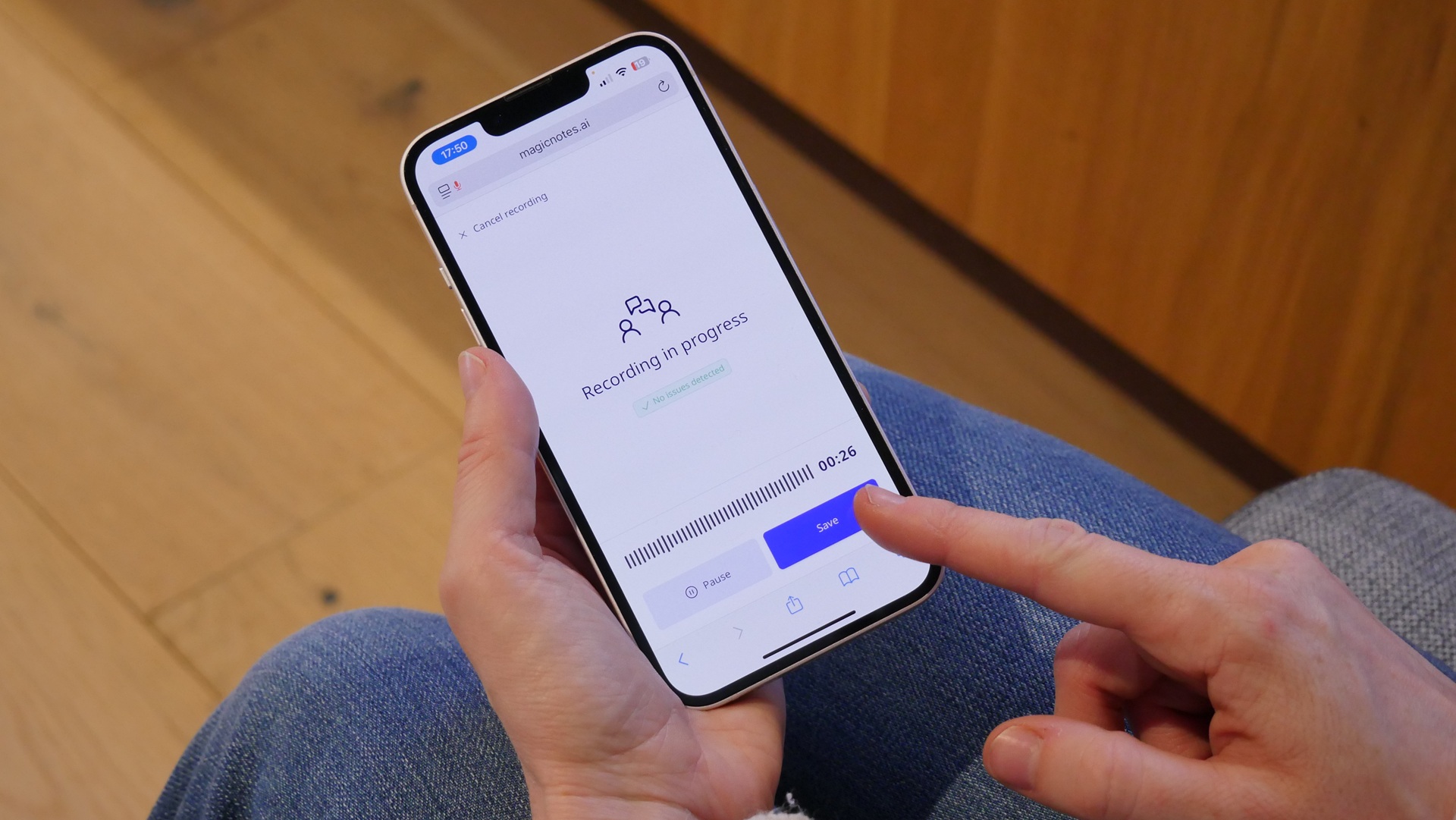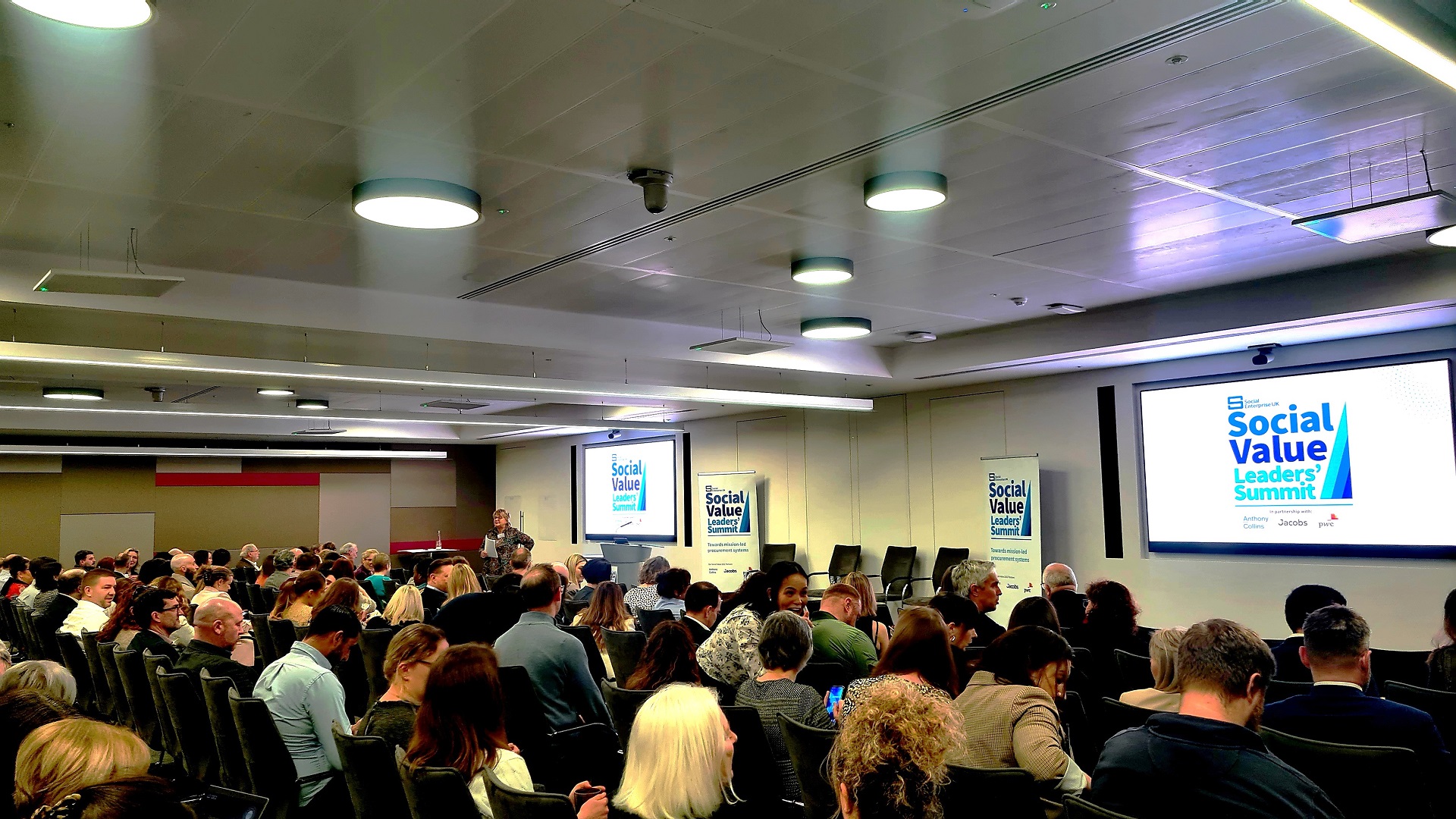News and views
Social enterprise leaders tell MPs startup life tougher than ever

If the government was in any doubt about the challenges facing those starting social enterprises, a mixed group of stakeholders presented it with a vivid picture this week.
It was the most recent evidence delivered to the second roundtable of the All-Party Parliamentary Group (APPG) on the Social, Cooperative and Community as part of their ongoing inquiry into growing diverse business models.
The highs and lows of social enterprise
Give Your Best (pictured above) was a side hustle that grew into a business for founder Sol Escobar and was supported by ‘tech for good’ grants from organisations such as Innovate UK. Escobar told the inquiry she didn’t know what a social enterprise was as her initiative first began to flourish and described how vital the support ecosystem was.
“I did every single incubator and accelerator I could possibly find, because … I didn’t know how to grow this organisation, and they really have just taken me from step to step and taught me how to run this organisation and scale it to become revenue-generating,” Escobar said.
Now 800 to 2000 items of donated clothing are chosen by people in clothing poverty every week through the social enterprise, helping to tackle the £140m worth of clothing that is thrown away annually.
Starting a social enterprise might be an option if you have certain advantages, but what if you don’t? The financial implications for those in this situation were made stark by Bayo Adelaja, founder and CEO of Do it Now Now, which annually supports approximately 150 Black leaders of organisations with business training and grant funding.
“Most of the people in our community are earning under £18,000 a year and 27% of them didn’t attend university, but they remain pillars of their society and are leaders and changemakers within their community,” Adelaja said.
“The income they’re receiving each year is approximately £32,000 and around 40% of that comes from the salary sacrifice of the directors themselves. The vast majority of them are working full-time jobs and about 40% of them have never received grant funding.”
Adelaja asked the APPG to consider how the government could put in places systems and processes that empower people who don’t have the access, schooling or business training of others, but are creating social enterprises in response to communities that need services delivered annually. In particular, she recommended that funding not be project-based, with multi-year funding schemes introduced instead.
“We’ve limped our way through”
Escobar had earlier credited School for Social Entrepreneurs (SSE) as being instrumental in her development as a business founder. Whilst acknowledging that the “nudge economics” of SSE’s match trading grants and bringing social entrepreneurs together in supportive cohorts to bolster confidence had both worked well, SSE CEO Alistair Wilson was less optimistic about the support ecosystem in general.
“It is interesting to reflect that second-tier support organisations in this country are hanging by a thread. We’ve limped our way through the last 15 years, and many organisations have gone bust. If the government wants to see this sector thrive, they’ve got to get behind it in a more serious way,” Wilson told the inquiry.
He went on to say that he thought the UK had slipped from being world-leading in social enterprise to “being in tenth place, if you’re lucky” and that he hoped the government would consider how to get the UK’s leading status back. Wilson was backed by Louise Cannon, Director of Social Entrepreneur Support at UnLtd, who also asked that long-term ecosystem building be considered by the government.
Matt Smith, CEO of social investor Key Fund made the point that support organisations like SSE were crucial for equipping passionate social entrepreneurs with the skills and experience to run a business. Like Wilson, he expressed concern at the lack of support organisations that existed now compared to 15 years ago.
Smith also thought that more grant funding could level the playing field in areas of unequal opportunity such as those described earlier in the session by Adelaja. “There’s a gap where grants should be playing the role that friends and family would in more affluent communities,” he said.
Fellow social investor Seb Elsworth, CEO of Access called for more mainstream providers to participate in social investment, particularly the state-owned British Business Bank, which manages loan guarantee schemes aimed at SMEs and targets a rate of return of 1.5% for its overall portfolio. “We know most social enterprises are looking for relatively small-scale, flexible, patient, unsecured lending. Providing that kind of finance is difficult to do on a purely commercial basis,” said Elsworth.
Two further evidence-gathering sessions will be conducted before the APPG delivers a report to the government later this year.



